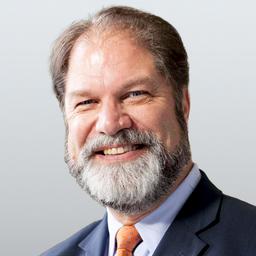Commentary
On Primary morning, The Sacramento Bee published then-editorialist Daniel Weintraub’s observations of the June 6, 2006, elections. His thoughts and warnings still resonate some seventeen years later:
The Orange County treasurer, who rose to fame 12 years ago as the first to warn that the county’s investment portfolio was in danger of collapse just before the county slid into bankruptcy, is running for a seat on the county Board of Supervisors. [John] Moorlach has been warning of late that Orange County’s government, like many local jurisdictions, has over-committed itself to pension and health care obligations for its retirees. The county employee unions are going all out to keep him off the board, spending about a quarter-million dollars so far. If they succeed in defeating him, it will force second thoughts on any other public official who tries to bring attention to this looming problem.On June 12, Rick Reiff, then-editor of the Orange County Business Journal, would opine: “John Moorlach not only weathered a vicious assault by the public employee unions, he beat it back with a vengeance, winning seven of every 10 votes to gain a seat on the county Board of Supervisors.”





